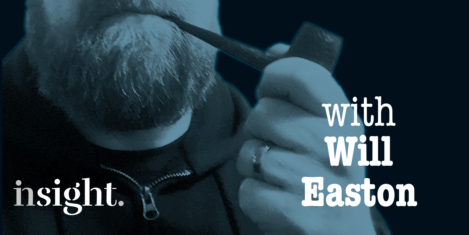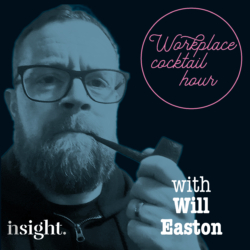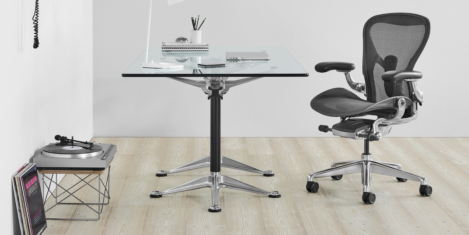To provide the best experiences, we use technologies like cookies to store and/or access device information. Consenting to these technologies will allow us to process data such as browsing behaviour or unique IDs on this site. Not consenting or withdrawing consent, may adversely affect certain features and functions.
The technical storage or access is strictly necessary for the legitimate purpose of enabling the use of a specific service explicitly requested by the subscriber or user, or for the sole purpose of carrying out the transmission of a communication over an electronic communications network.
The technical storage or access is necessary for the legitimate purpose of storing preferences that are not requested by the subscriber or user.
The technical storage or access that is used exclusively for statistical purposes.
The technical storage or access that is used exclusively for anonymous statistical purposes. Without a subpoena, voluntary compliance on the part of your Internet Service Provider, or additional records from a third party, information stored or retrieved for this purpose alone cannot usually be used to identify you.
The technical storage or access is required to create user profiles to send advertising, or to track the user on a website or across several websites for similar marketing purposes.
 CIBSE has announced the appointment of Fiona Cousins as its new President. Fiona, who holds several senior roles at Arup, brings extensive experience and a deep commitment to advancing sustainability and broadening the focus on building performance in the industry. Fiona takes over the presidency from Adrian Catchpole, to whom she extended heartfelt thanks for his contributions, especially in promoting STEM Ambassadors in schools and the certified practice initiatives. These efforts will continue to be a priority according to a statement from CIBSE. (more…)
CIBSE has announced the appointment of Fiona Cousins as its new President. Fiona, who holds several senior roles at Arup, brings extensive experience and a deep commitment to advancing sustainability and broadening the focus on building performance in the industry. Fiona takes over the presidency from Adrian Catchpole, to whom she extended heartfelt thanks for his contributions, especially in promoting STEM Ambassadors in schools and the certified practice initiatives. These efforts will continue to be a priority according to a statement from CIBSE. (more…)


































June 6, 2024
Dear [employee]…Great job! Why AI may not give you the warm and fuzzies
by Stephanie Fitzgerald • AI, Comment, SF, Workplace